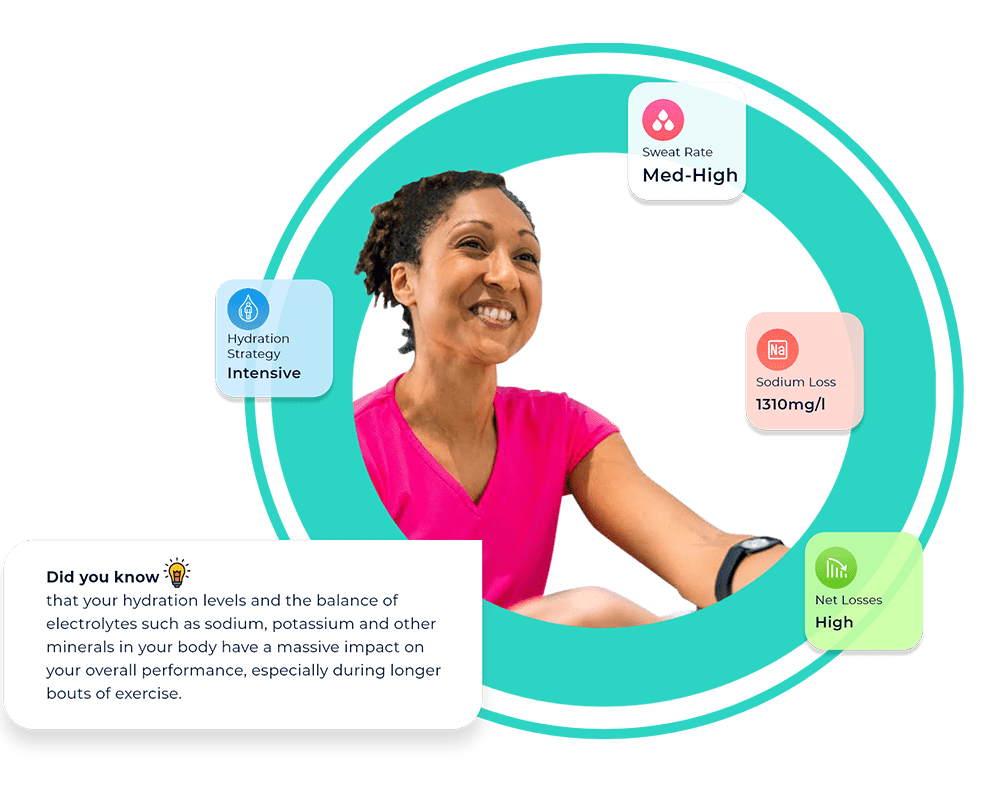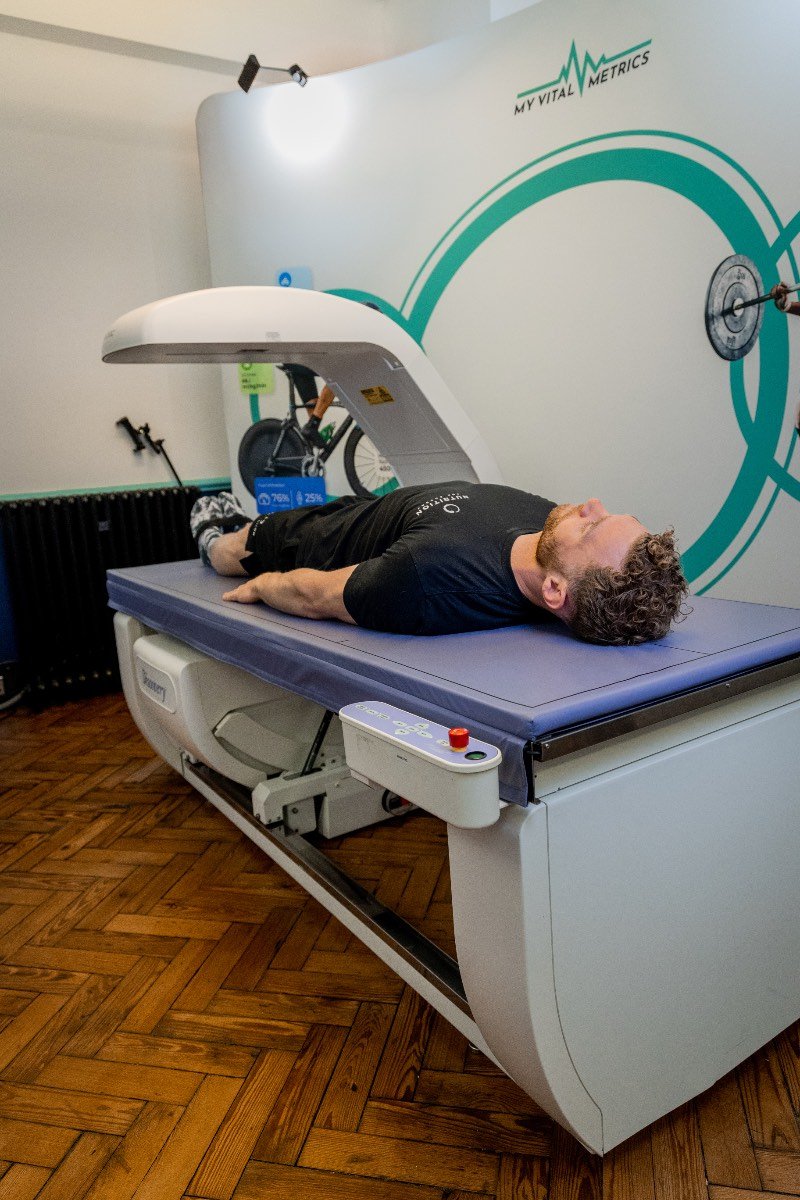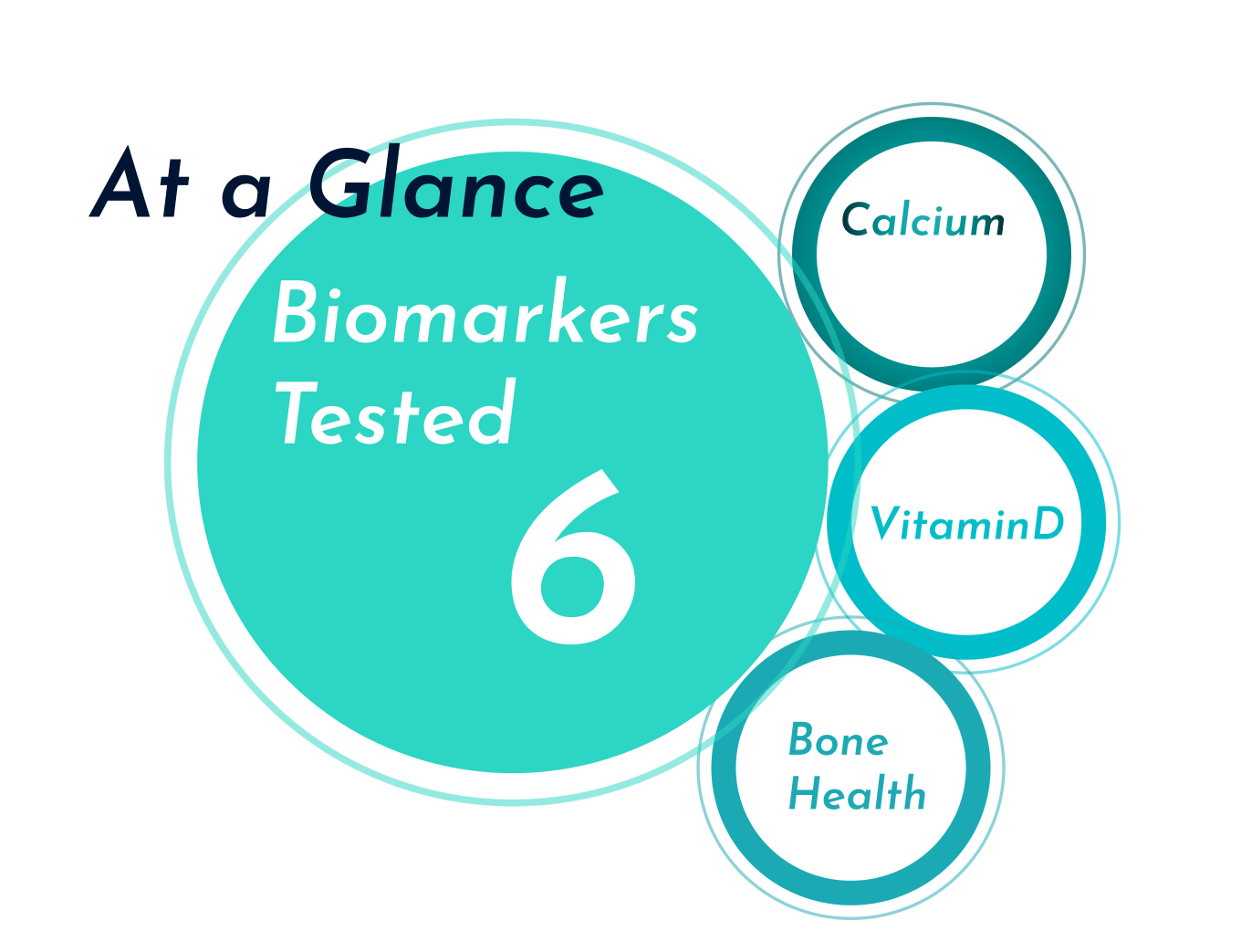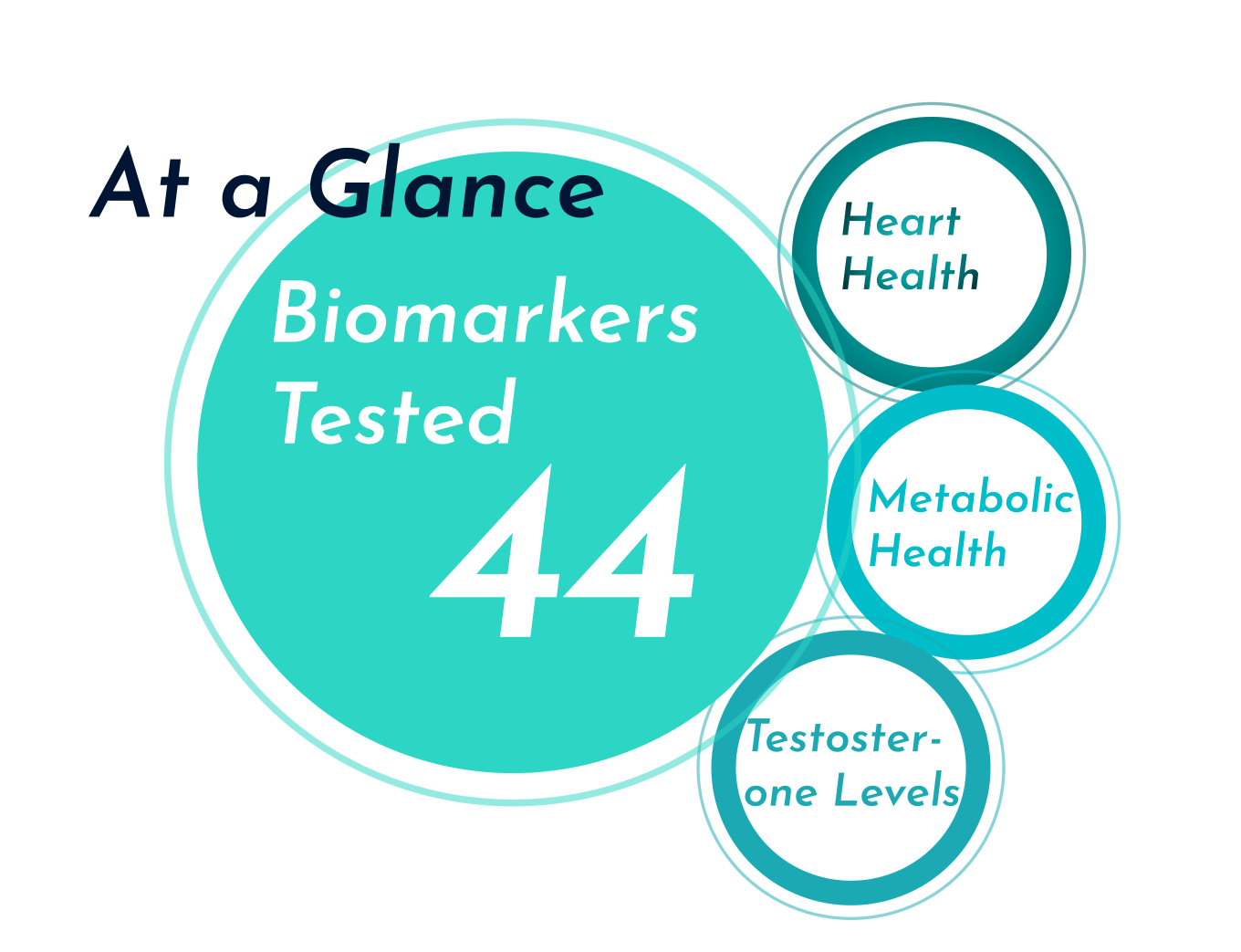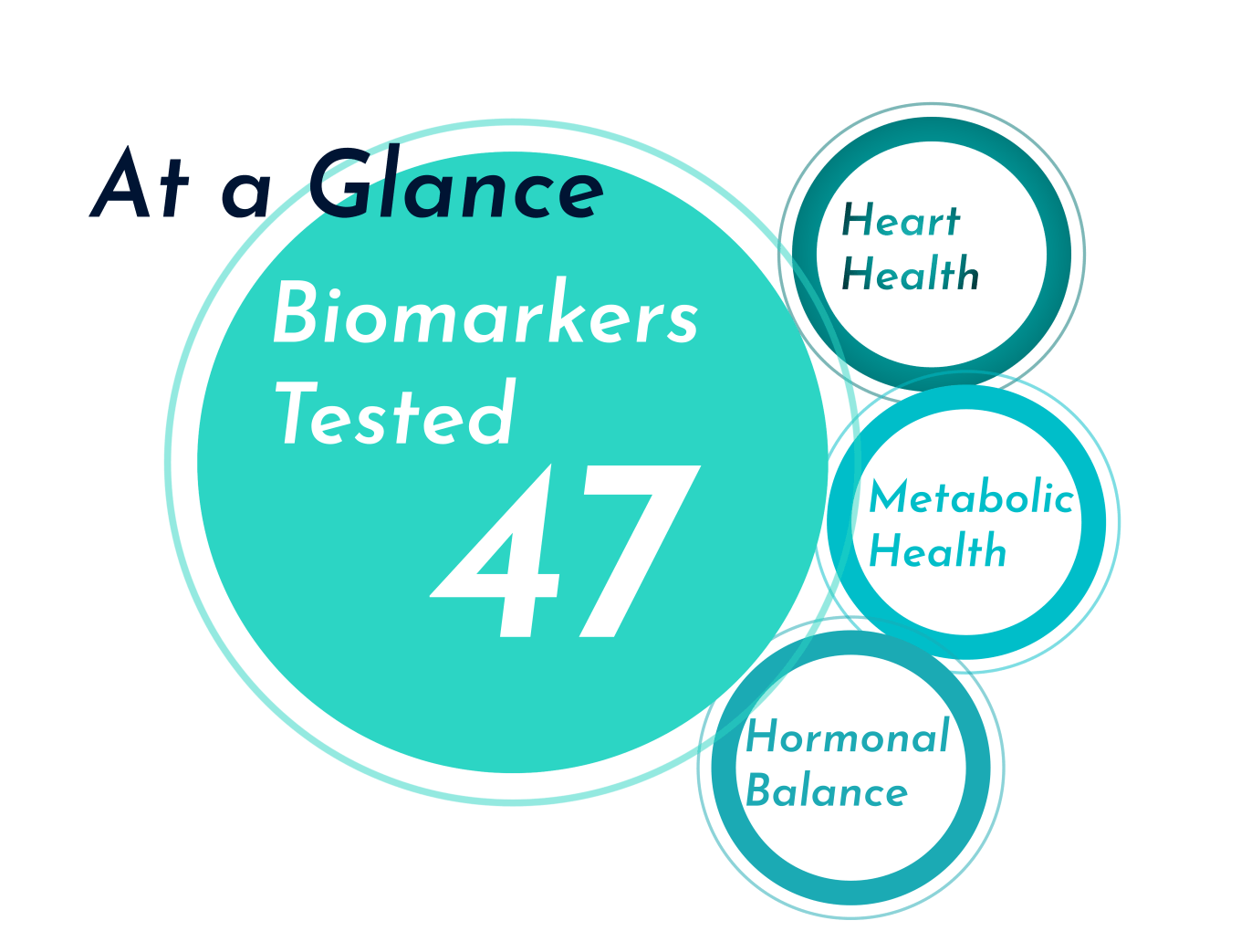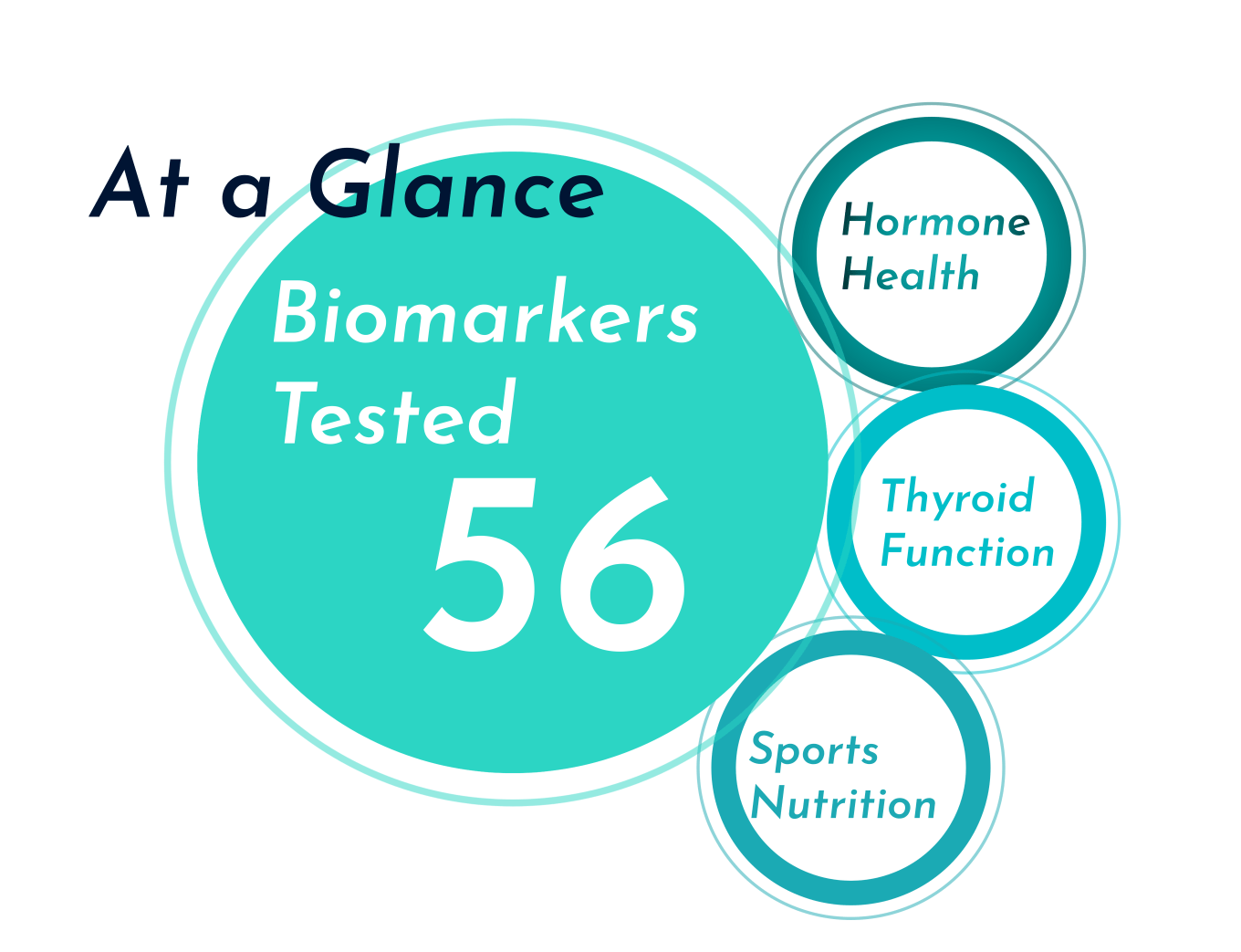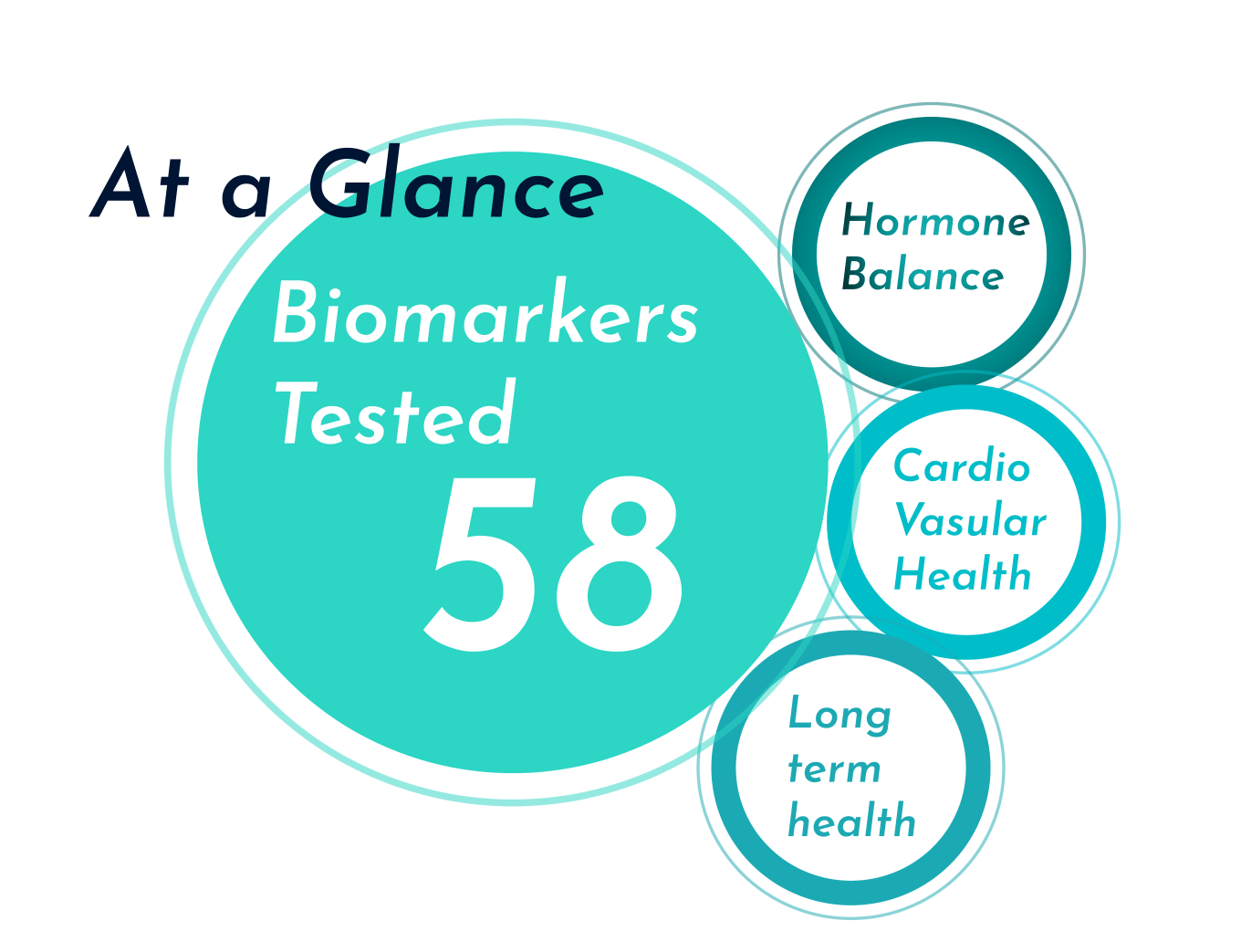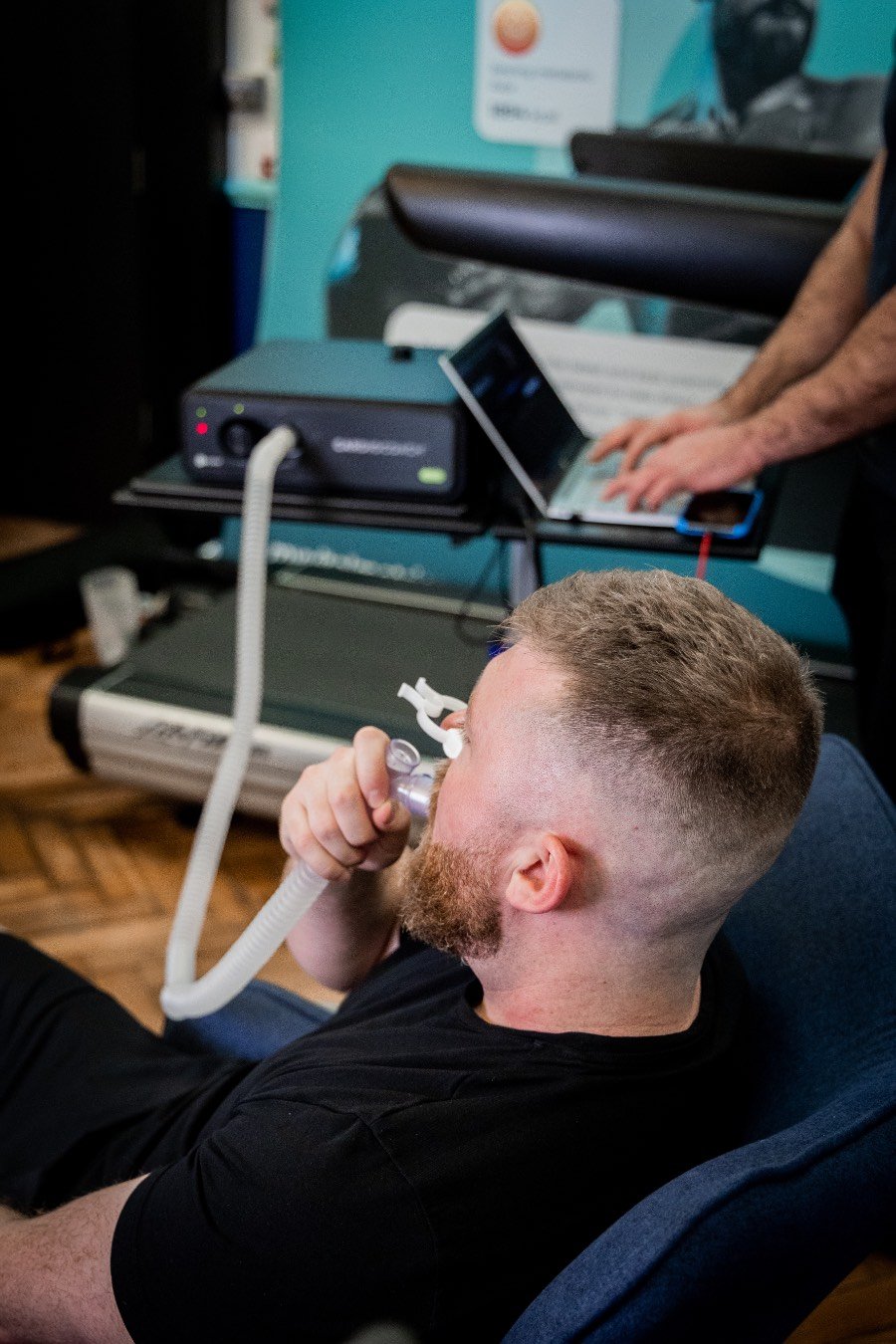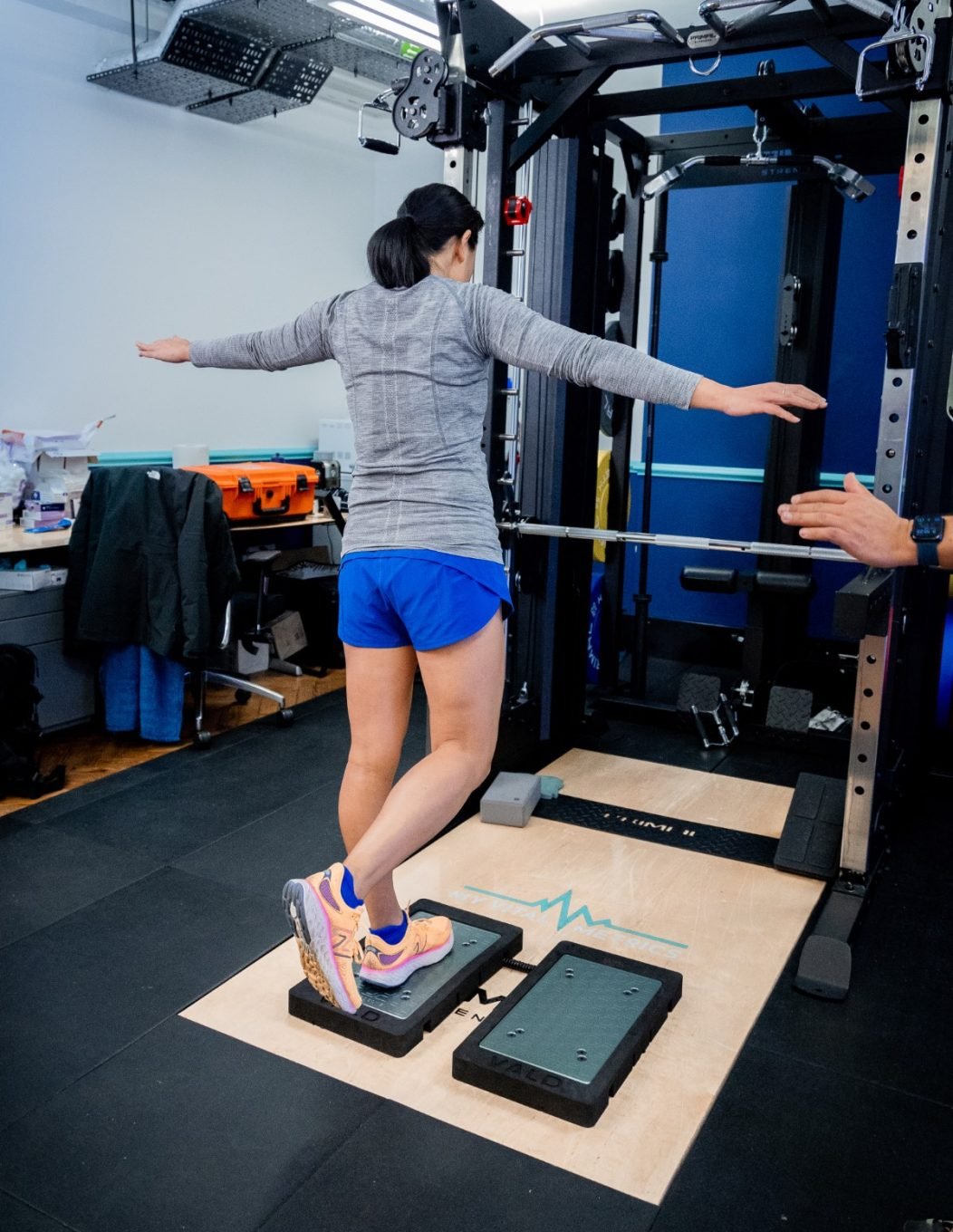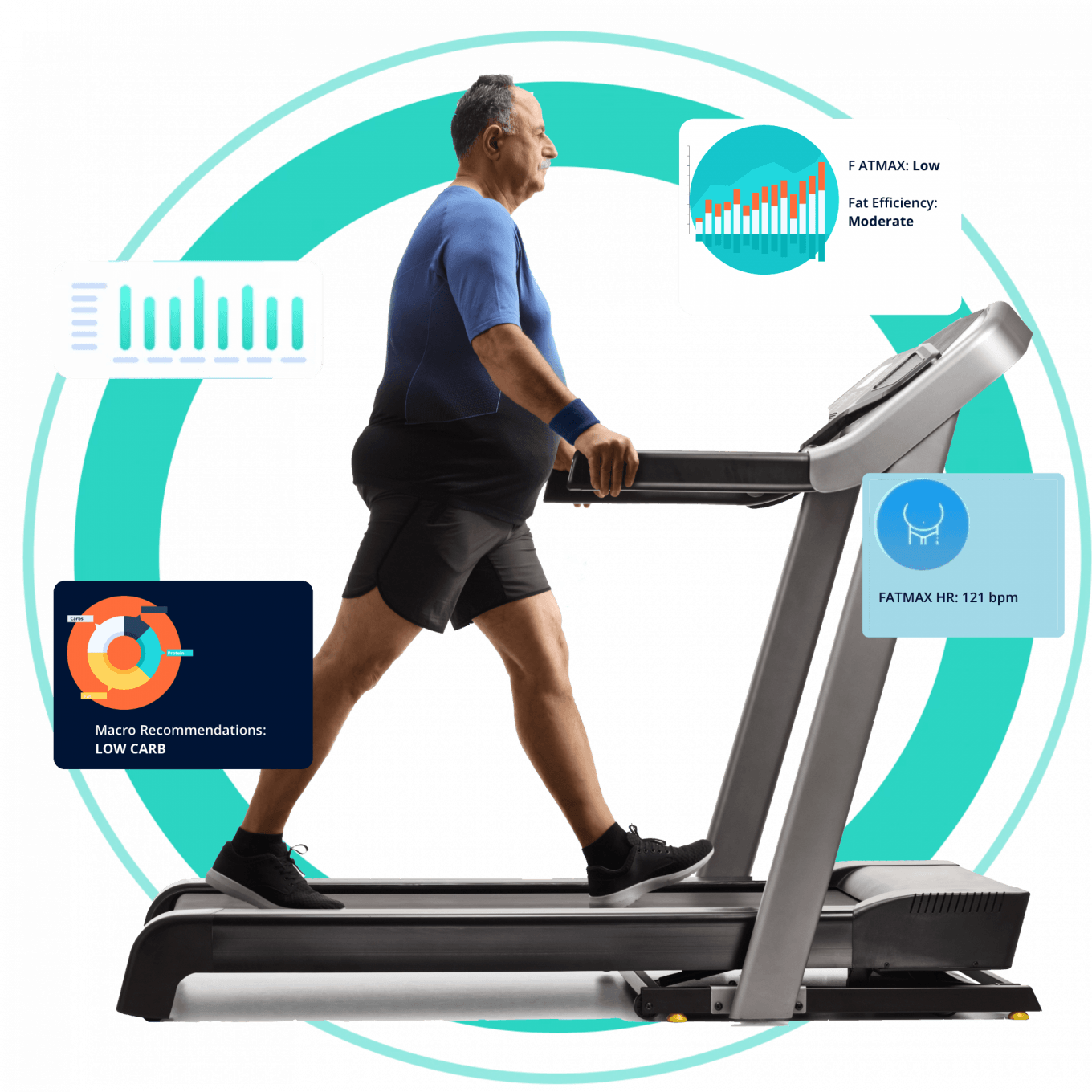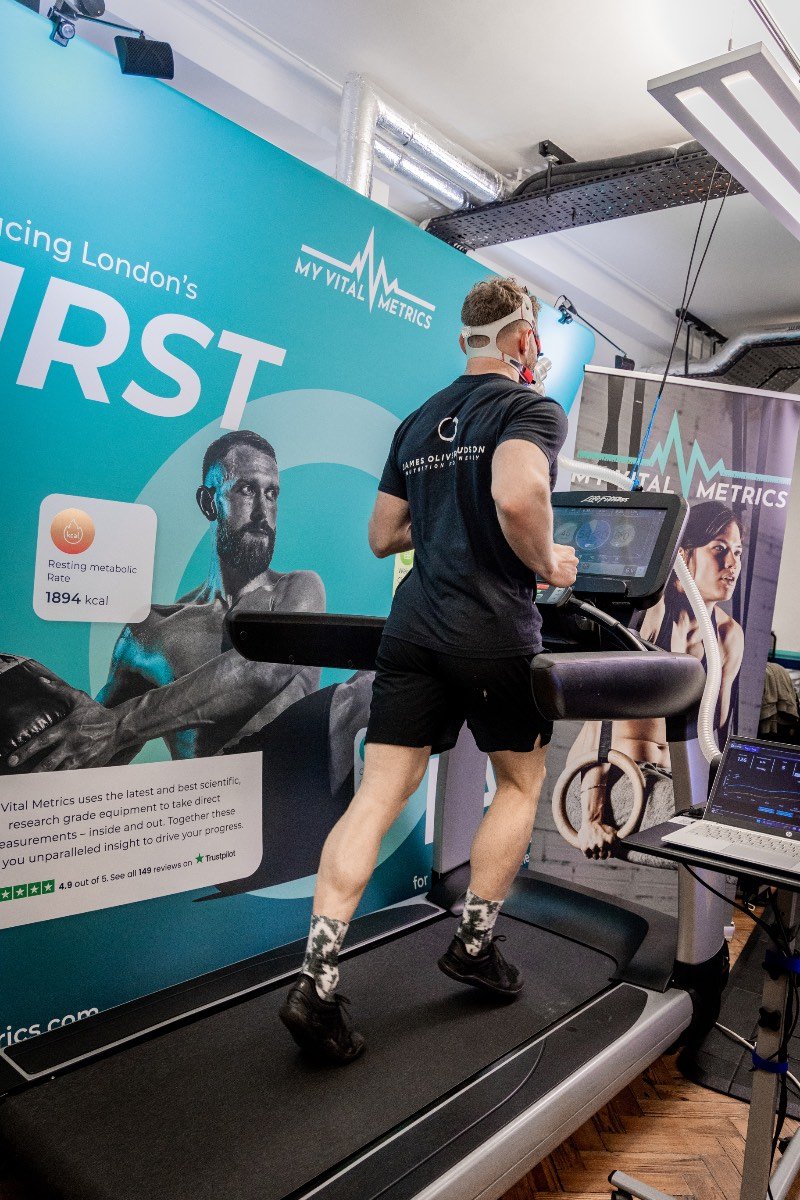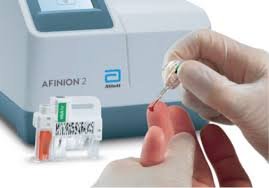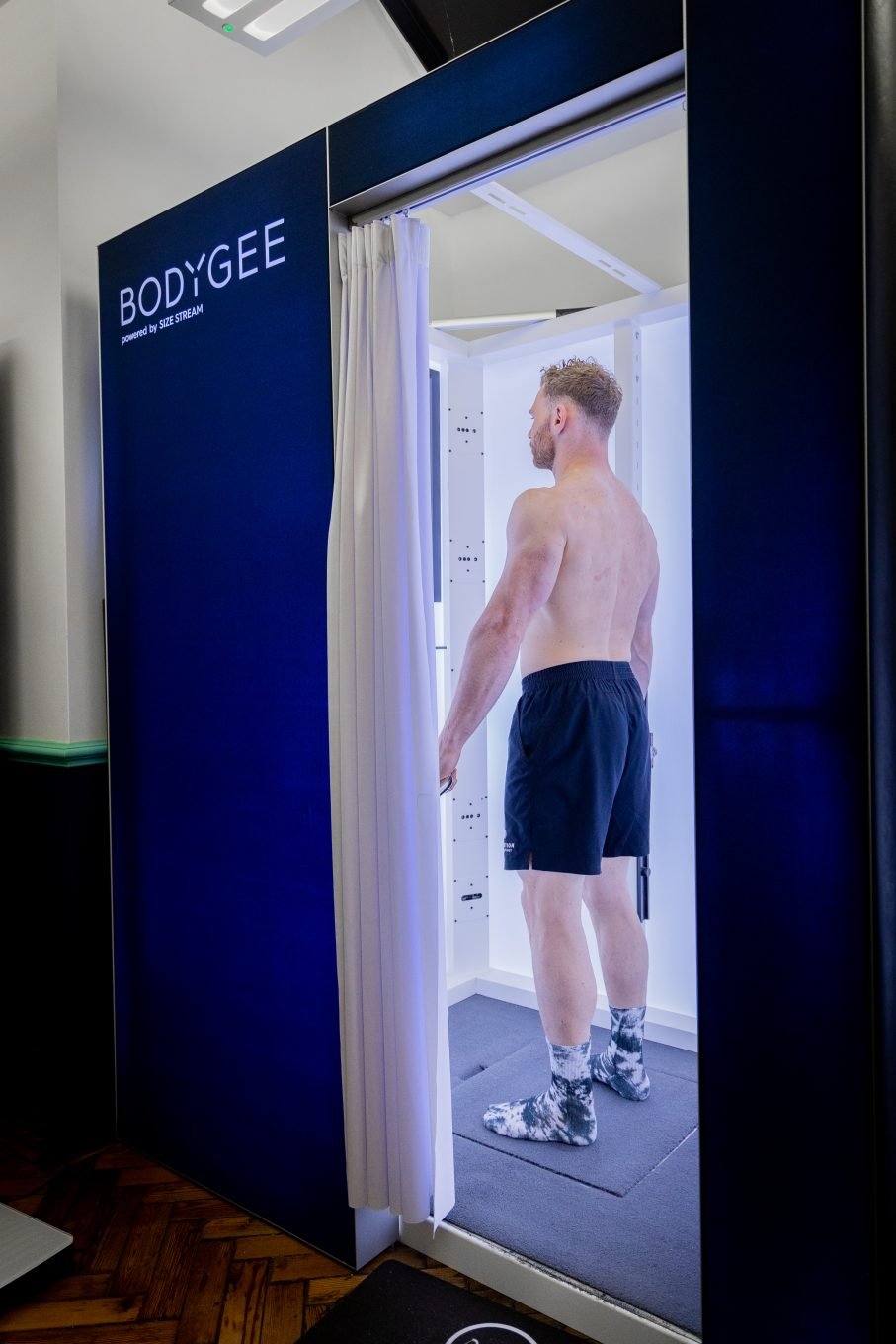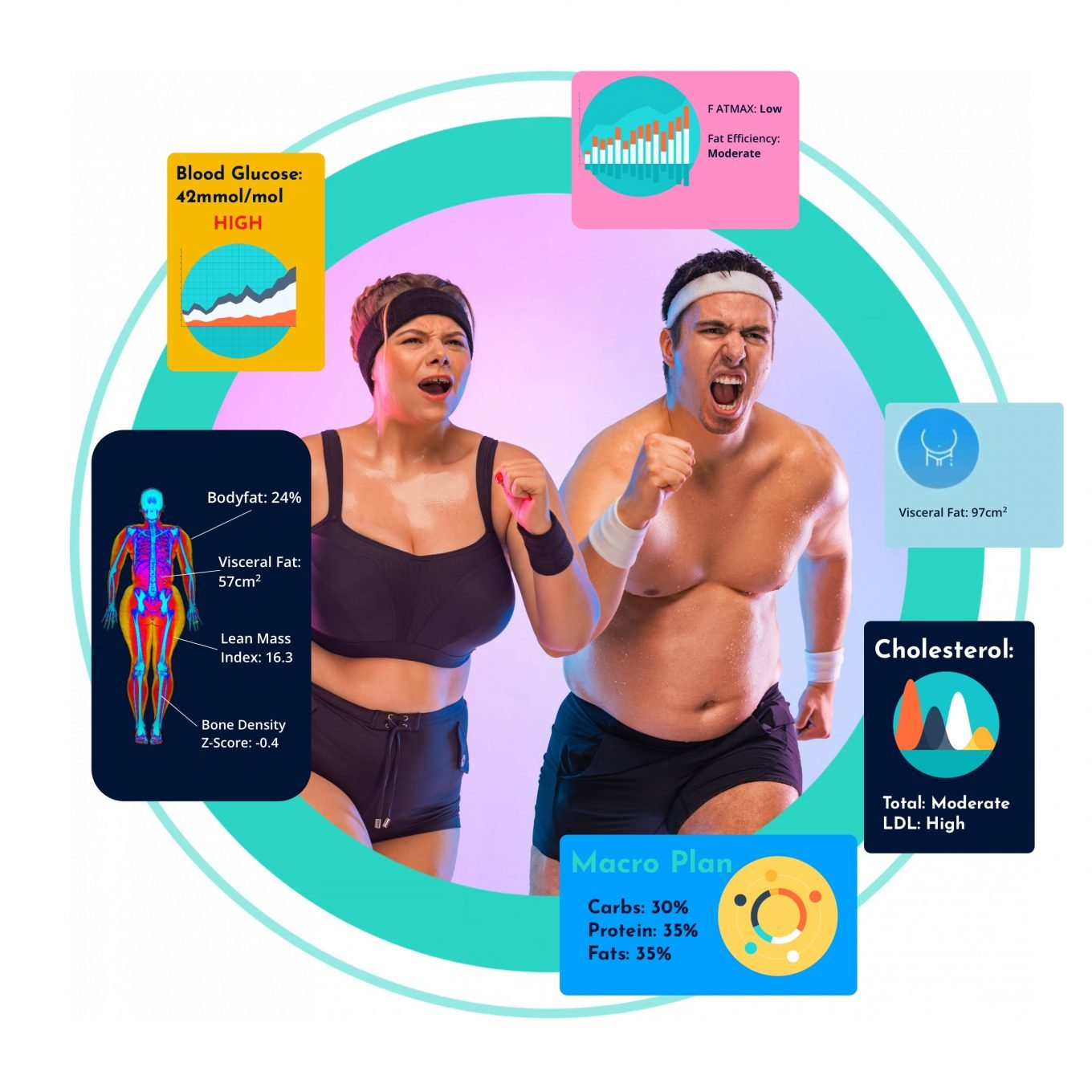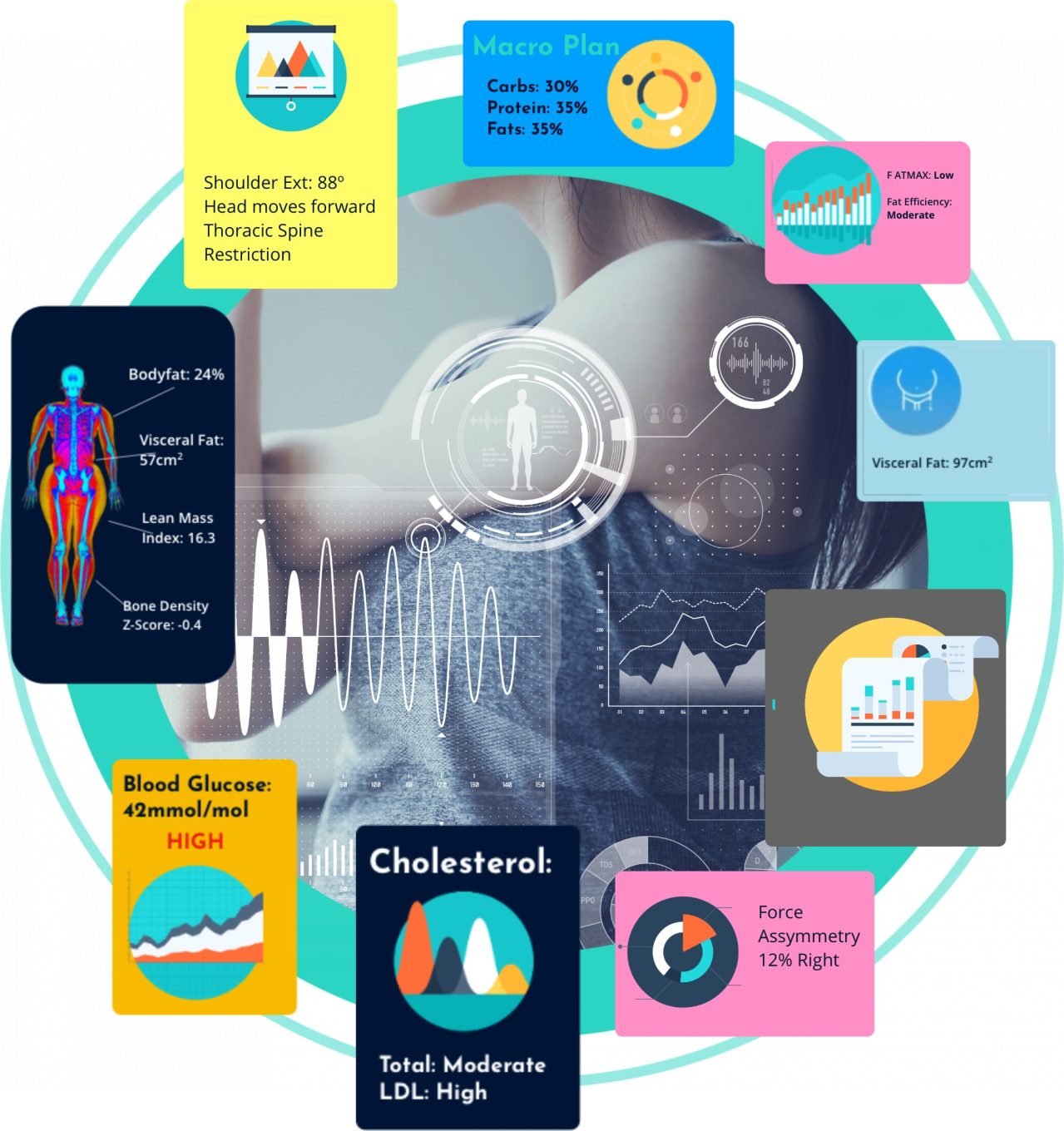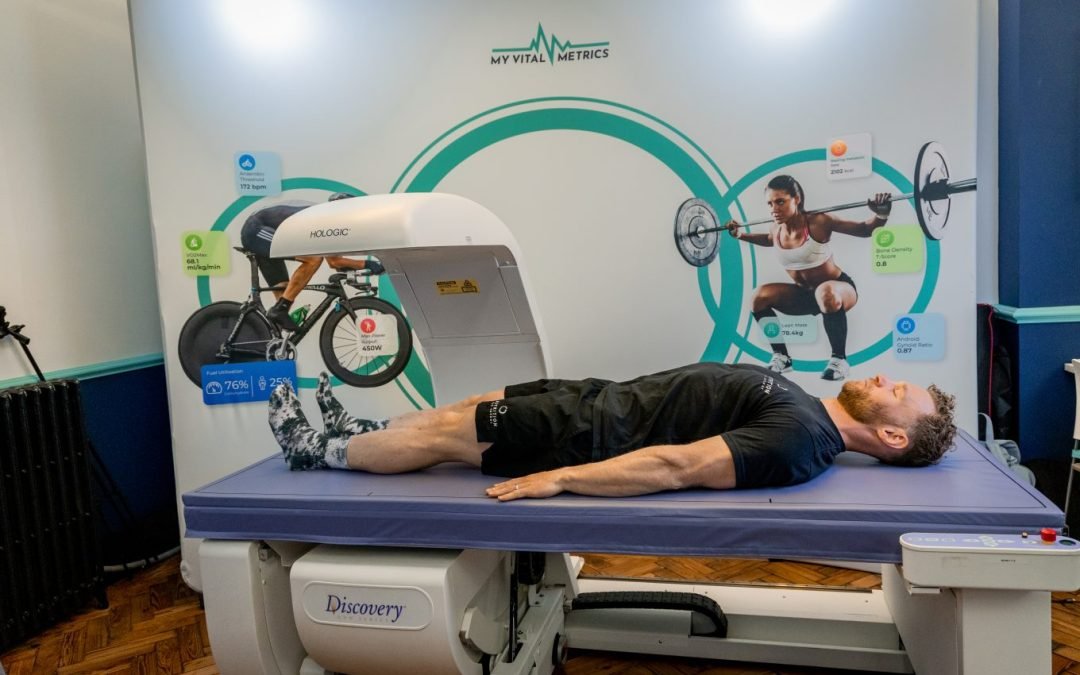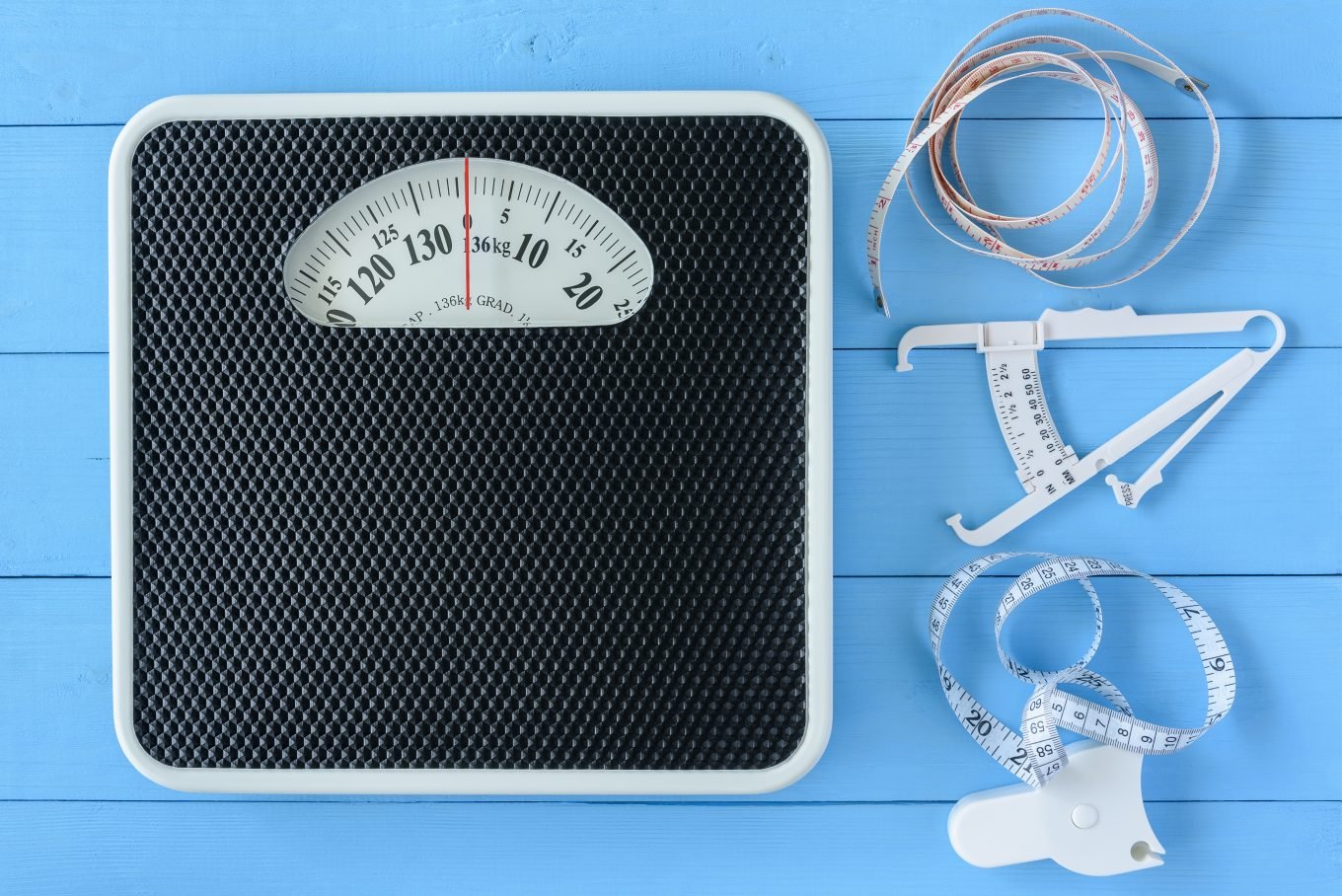You might be experiencing an unexpected DEXA result for a range of reasons. Here are the top variables to keep an eye out for as you interpret your DEXA scan results:
Hydration levels
If you’ve ever weighed yourself first thing in the morning or used a smart scale to estimate your body composition, you’ll know that hydration levels can massively affect your results. This is because bioelectrical impedance analysis (the technology used in smart scales and many body scans) uses hydration levels to calculate your body composition. Even small changes in hydration level can have a big effect on the results of a BIA scan.
Luckily, a DEXA scan is far less sensitive to hydration levels, and you don’t need to abstain from water or other drinks before your scan. However, this doesn’t mean your hydration level won’t affect your results.
In fact, one 2020 study found that acute water ingestion (500mls immediately before a repeat DEXA scan) significantly increased body mass (unsurprising) and lean mass, as compared to a baseline measurement. The increased hydration level had no significant effect on body fat measurements but inflated the measurement of fat-free mass.
What this means is that while you can drink normally before your DEXA scan, it’s likely sensible to not ingest a large quantity of water immediately before your scan.
Fasted vs non-fasted results
It’s recommended to fast for at least 3-4 hours before your DEXA scan to ensure your results are as accurate as possible. Unlike a DEXA scan for bone density, which doesn’t require specific preparation, any food or drink consumed before a body composition DEXA scan can affect your results.
Any food in your digestive system will typically be counted as part of the “lean mass” component of your results. Eating a large amount immediately before your scan could exaggerate your lean mass results.
For best results, make sure to fast immediately before the scan. Aside from this, you can eat and drink as you normally would, and you don’t need to change your habits in the run-up to your scan.
Pre-DEXA training or exercise
Training the morning of your DEXA scan can affect your results. Exercise – particularly moderate to high intensity – affects your hydration levels through sweat loss. For this reason, we recommend abstaining from training on the day of your DEXA scan.
One research study showed that exercising before a DEXA scan could skew results up to as much as 10%. While this study didn’t isolate the effect of exercise from the effect of water or food intake, this likely gives it more real-world applicability. Rather than skip the water, shake, or snack accompanying your workout, it’s likely easier (and more accurate) to wait until after your DEXA to work out.
Inconsistencies in diet or exercise
While our first three reasons addressed variables that could skew your DEXA results on the day, there are other reasons you might receive an unexpected DEXA result.
Perhaps the most common reason for an unexpected DEXA result is that your exercise routine or diet hasn’t been as consistent as you might have liked. Whether it’s from overestimating your activity level, underestimating your caloric intake, or a combination of the two, it’s common to have an inaccurate understanding of where we’re at. This can lead to DEXA results not being as hoped.
If this is you, then reassessing your BMR (particularly if your weight has recently changed) and ensuring your caloric intake is appropriate for your fitness goals is a great place to start. Check out our personalised BMR & TDEE calculator to get started.
Caloric tracking inaccuracies
Our next reason is directly related to the previous one. Even if you think you’ve been fairly consistent in your training routine and caloric intake, it’s still possible to over or under-estimate without the use of proper tracking tools.
A small change or miscalculation in calories can add up to make a big difference over time, leading to you not seeing the DEXA results you were hoping for.
For the best chance of meeting your goals aim to track your food intake accurately by:
- Using a food scale for exact measurements
- Avoiding guesswork (including generic brands or approximate quantities)
- Making use of a tracking app like MyFitnessPal
- Ensuring you’re working with an accurate BMR and TDEE
- Tracking all meals, snacks, beverages, and alcohol
Finally, make sure to give yourself adequate time to work on your goals (whether fat loss, muscle gain, or both) before booking in for a repeat DEXA scan.
Generic comparison tools
Another reason you might be surprised by your DEXA results is linked to the tools you’ve been using to track your body composition up to this point. If this is your first DEXA scan, it can be surprising to discover that your understanding of your body composition doesn’t match up with the scan results!
Many of us use easily accessible metrics such as our body weight, BMI (body mass index), or waist: height measurements to assess our health. While commonplace, these metrics have varying degrees of legitimacy and accuracy when it comes to determining our overall health and fitness.
Even other tools which specifically measure body composition – such as smart scales, bioelectrical impedance analysis, or skin callipers – lack the accuracy of a professional DEXA scan, and can lead us to have an inaccurate understanding of our body composition. Many generic body fat percentage tables, for example, don’t take into account demographic details such as ethnicity, age, sex, or activity level.
If you’ve found that the results of your DEXA scan don’t match up to your previous understanding of your body composition, don’t worry. As the gold standard in body composition analysis, your DEXA results will give you the most accurate understanding of your body composition, including your body fat percentage, lean mass, and visceral fat.
If you’re still confused by your results, reach out to My Vital Metrics to schedule a free consultation today.
DEXA calibration variations
The final reason you might have received an unexpected DEXA result is more technical: the calibration of the DEXA scanner. While all DEXA scanners should, ideally, give the same results, the way the scanner is calibrated can affect your results.
The DEXA scanner has two main calibration settings: the classic calibration and the NHANES calibration. If your DEXA scan used the NHANES calibration, you could find that your body fat results have been overestimated by up to 5.6% – giving you an inaccurate understanding of where you’re at.
You can read more about DEXA calibration and how it affects your results in our blog: Are Your DEXA Body Fat Results Right?
If you received your DEXA scan from a provider that uses the NHANES DEXA calibration, you don’t need to get a whole new scan. Simply use our NHANES DEXA Conversion Calculator to convert your existing results.
Unexpected DEXA results: What next?
